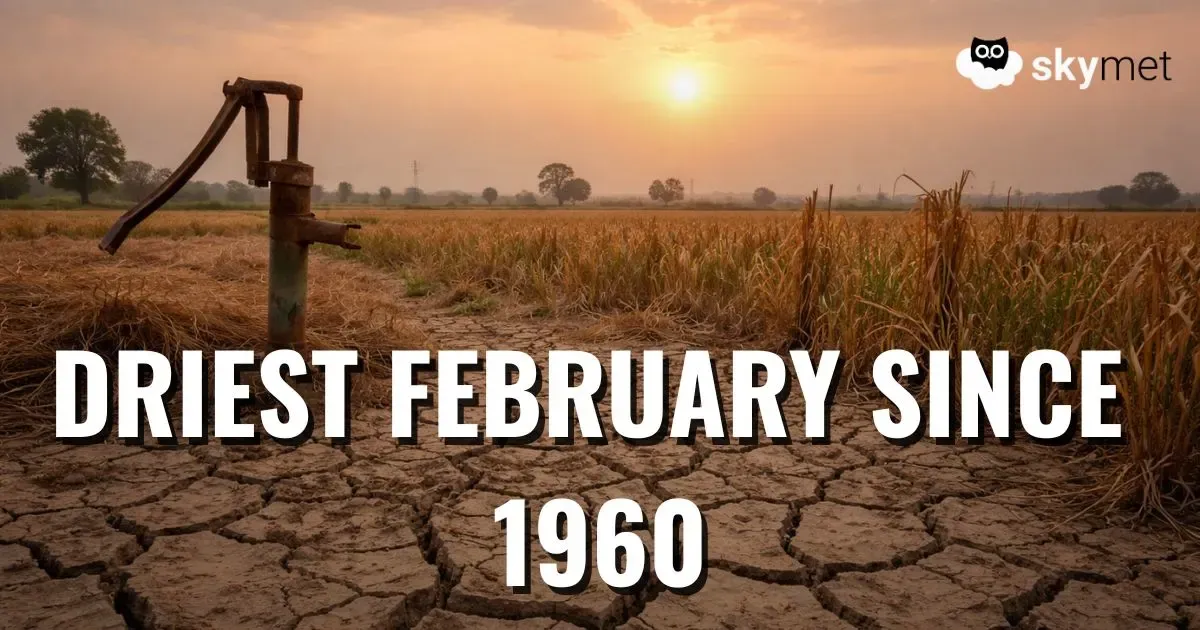In a turn of events globally, chilly mornings are being witnessed in Mumbai and Pune. A significant drop in minimum temperatures has been registered by many parts of Maharashtra during the last 24 to 48 hours.
On January 20,Nashikrecorded 5.8°C as minimum temperature. The temperature has risen marginally to settle at 7.5°C today morning. Punerecorded single digit minimum of 8.0°C today morning. Yesterday,Mumbairecorded a minimum of 12.6°C, lowest of the season so far.
Cold northeasterly winds are being hailed responsible for this drop in temperatures. Vidarbha and Marathwada have also registered below normal minimum temperatures. In fact, temperatures have dropped right from Rajasthan to Gujarat and Madhya Maharashtra.
This trend is likely to continue for another 24 hours. Thereafter, an anti-cyclone overRajasthanwill block these cold northeasterly winds and the wind direction will change to easterly and southeasterly. This will lead to an increase in temperatures inMaharashtrabut North India will continue to witness extremely cold weather.
Looking into the bigger picture, we can say that a number to global-scale factors are responsible for a sudden reversal of warm winter that prevailed till the mid-January in most parts of India.
Since mid-January even Europe and Eastern United States have been invaded by an arctic blast. The polar vortex directed cold air southward, bringing snowfall in the central and eastern United States and Europe. At present, higher level winds are travelling from Europe to Russia via Afghanistan and Pakistan to enter the mainland to India.
Click here to read the story,Threatening snowstorm approaching Washington, D.C., Boston, New York City
Earlier, these cold Siberian winds were reaching the Western Himalayas, only to be blocked by the back to back Western Disturbances. Now, in absence on any active Western Disturbance the winds are getting a clear passage. Moreover, till last week these winds were crossing north of Jammu and Kashmir and so were not able to impact weather in Northern plains and Central India. The track taken by the winds now passes through Rajasthan.
After 24 to 48 hours, temperatures will start rising once again due to the weakening of westerly winds and the presence of an anti-cyclone in Rajasthan. The wind flow will change, leading to a rise in temperatures mainly in Central India including Maharashtra.
image credit - itimes.com


















